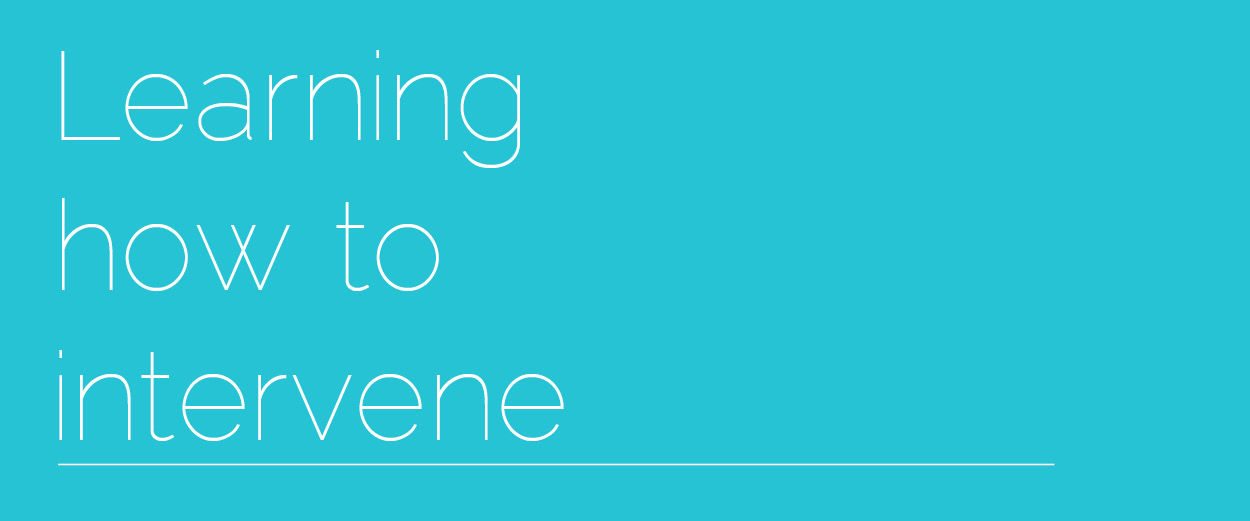
Learning how to intervene
While this university offers tools to help victims of violence and assault, CARE to Stop Violence peer educators on the campus also aim to help prevent such cases from happening.
Campus Advocates Respond and Educate to Stop Violence provides students with tips on keeping one another safe in potentially dangerous situations. The organization offers counseling and assistance at the University Health Center for students who have been victims or secondary victims of sexual assault, stalking or relationship violence.
But beyond these services, undergraduate peer educators within the organization give presentations to educate the student body.
“It’s about getting involved,” said junior Morgan Powell, a peer educator with CARE. “Like, if you saw someone put something in a girl’s drink, you could ask a bartender for assistance or even just knock the drink over as a distraction.”
The CARE peer educators and peer mentors, 16 undergraduate students, cover bystander intervention with students, the English and women studies major said. They teach different techniques that can be used if a bystander sees “red flags” in interactions around him or her.
Sophomore physics major Ryan Mullen said that kind of education and interaction would be beneficial on a college campus. Although he has never seen the CARE presentations, he said it’s important for people to look out for one another in possibly dangerous situations.
“If I saw someone slip something into another person’s drink, I’d probably take that person’s drink and dump it out,” Mullen said.
CARE also runs a walk-in clinic from 9 a.m. to 5 p.m. on weekdays in the health center and has a 24-hour crisis line. And a part of the bystander intervention lessons involves “learning to keep each other safe,” said CARE peer educator Pegah Maleki.
“We give people tools to be a positive bystander instead of a neutral one,” the English major said. “If you see something, there are things you can do to make a difference, and you can maybe stop any violence from occurring.”
Sophomore computer science major Kristin Cady said she has dealt with stalking issues firsthand, and she is glad there is a resource like CARE to help educate and inform students. It can sometimes be difficult to get involved in an interaction, she said, but she doesn’t mind “sucking the fun” out of a night if it means keeping other people safe.
Maleki said peer educators hold presentations with Greek groups on the campus, freshman introductory courses, organizations or classes that request them. The lessons are important to teach, she said, because everyone has the potential to be a bystander.
Powell said that as a peer educator, she can talk to students about sensitive issues and help them feel more comfortable.
“It can be as simple as trying to reduce derogatory language in your own friend group,” Powell said. “Most of bystander intervention is awareness and prevention.”
Senior staff writer Darcy Costello contributed to this report.



